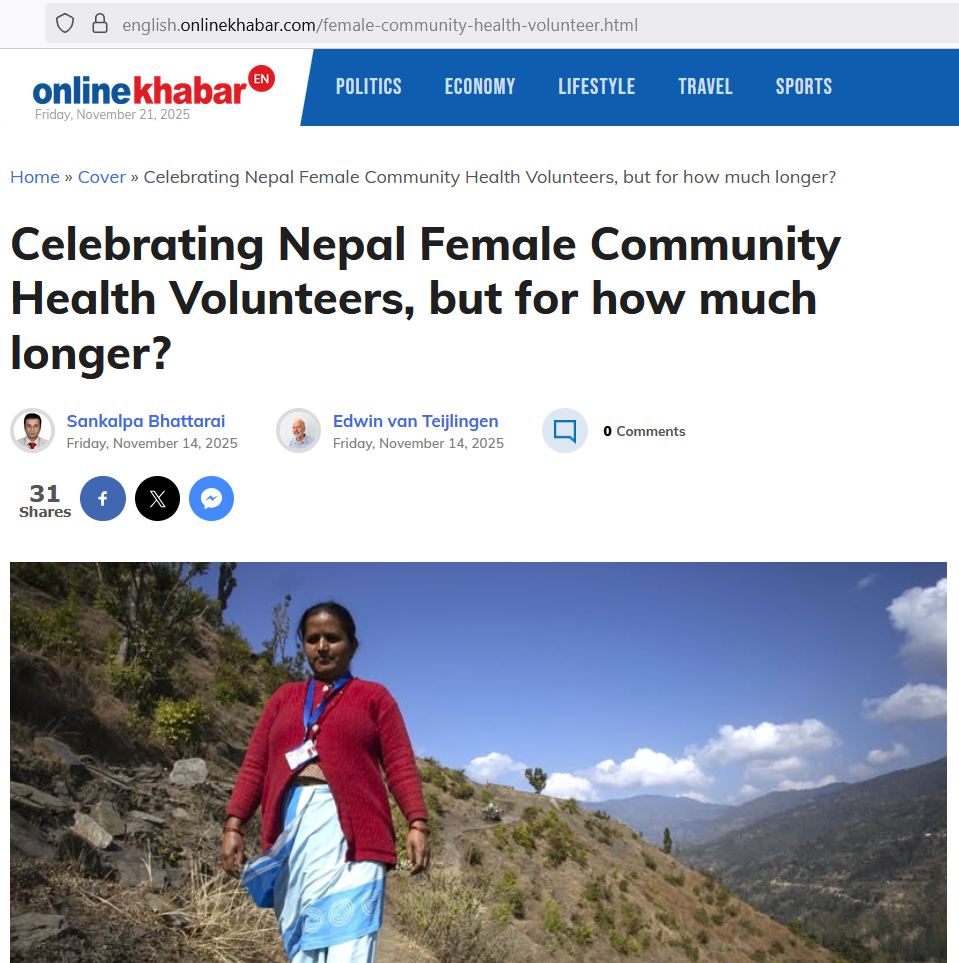 Last week the internet newspaper Online Khabar published ‘Celebrating Nepal Female Community Health Volunteers, but for how much longer?‘. This article is written by Sankalpa Bhattarai, a researcher based at Green Tara Nepal, and BU’s Prof. Edwin van Teijlingen about the future of Female Community Health Volunteers (FCHVs) in Nepal. In the late 1980s the Government of Nepal introduced the FCHV programmea at a time, Nepal was one of only two countries in the world where the life expectancy for women was lower than that of men. These FCHVs were recruited locally in their own communities to help reduce infant and maternal mortality. They provided health education, immunisation, and information on family planning and hygiene, as well as offering basic first aid services and referring people in their communities to basic or advanced health services when needed.
Last week the internet newspaper Online Khabar published ‘Celebrating Nepal Female Community Health Volunteers, but for how much longer?‘. This article is written by Sankalpa Bhattarai, a researcher based at Green Tara Nepal, and BU’s Prof. Edwin van Teijlingen about the future of Female Community Health Volunteers (FCHVs) in Nepal. In the late 1980s the Government of Nepal introduced the FCHV programmea at a time, Nepal was one of only two countries in the world where the life expectancy for women was lower than that of men. These FCHVs were recruited locally in their own communities to help reduce infant and maternal mortality. They provided health education, immunisation, and information on family planning and hygiene, as well as offering basic first aid services and referring people in their communities to basic or advanced health services when needed.
 The FCHV programme is one of the most successful parts of the country’s health system, and recognised worldwide for offering basic care in a system of harmony between local volunteers and the communites they live in, as such meaningful connections can have a profound impact on people’s well-being. There are FCHVs in most villages and the volunteer workforce comprises over fifty thousand women spread across the country. Th future of this FCHV programme is currently being discussed with four possible strategies emerging: (1) redefining FCHV roles; (2) modernization and skills upgrade; (3) establishing permanent support and incentives; and (4) formalizing their role in crisis response.
The FCHV programme is one of the most successful parts of the country’s health system, and recognised worldwide for offering basic care in a system of harmony between local volunteers and the communites they live in, as such meaningful connections can have a profound impact on people’s well-being. There are FCHVs in most villages and the volunteer workforce comprises over fifty thousand women spread across the country. Th future of this FCHV programme is currently being discussed with four possible strategies emerging: (1) redefining FCHV roles; (2) modernization and skills upgrade; (3) establishing permanent support and incentives; and (4) formalizing their role in crisis response. 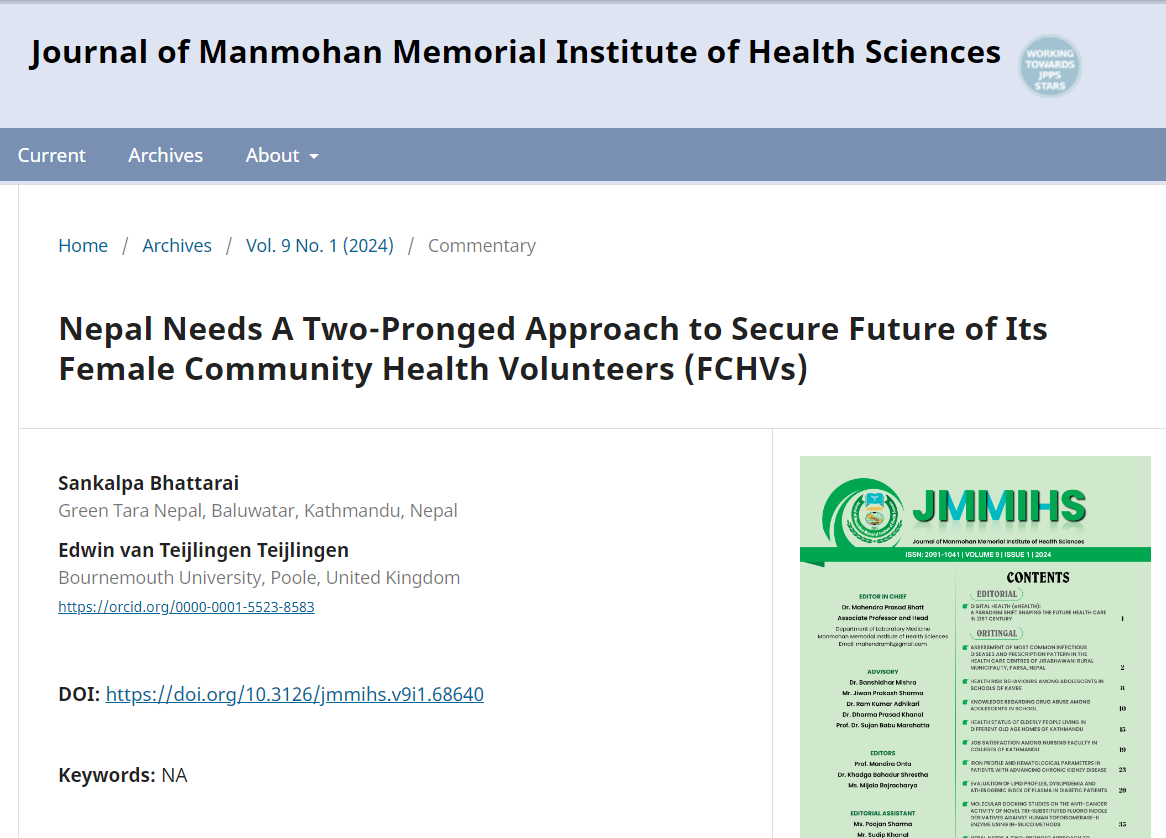
The online newspaper article is based on a paper we published last year as a Commentary in the Journal of Manmohan Memorial Institute of Health Sciences [1]. Our previous research work on FCHVs included a paper in PLOS Global Public Health [2], as well as two further papers based on the Ph.D. study by Dr. Sarita Panday [3-4].
We like to take this opportunity to thank Dr. Pramod Regmi, Principal Academic in International Health in the Faculty of Health, Environment & Medical Science, for connecting us to the editor of Online Khabal.
Prof. Edwin van Teijlingen
Centre for Midwifery & Women’s Health
References
- Bhattarai, S., & van Teijlingen, E. (2024). Nepal Needs A Two-Pronged Approach to Secure Future of Its Female Community Health Volunteers (FCHVs). Journal of Manmohan Memorial Institute of Health Sciences, 9(1), 43–48. https://doi.org/10.3126/jmmihs.v9i1.68640
- Panday, S., Barnes, A., van Teijlingen, E. (2024) Exploring the motivations of female community health volunteers in primary healthcare provision in rural Nepal: a qualitative study, PLOS Global Public Health Aug 1;4(8):e0003428. doi: 10.1371/journal.pgph.0003428.
- Panday, S., Bissell, P., van Teijlingen, E., Simkhada, P. (2017) The contribution of female community health volunteers (FCHVs) to maternity care in Nepal: a qualitative study, BMC Health Services Research 17:623 be/vz9C
- Panday, S., Bissell, P., van Teijlingen, E., Simkhada, P. (2019) Perceived barriers to accessing female community health volunteers’ services amongst ethnic minority women in Nepal: a qualitative study, PLoS ONE 14(6): e0217070 https://journals.plos.org/plosone/article?id=10.1371/journal.pone.0217070
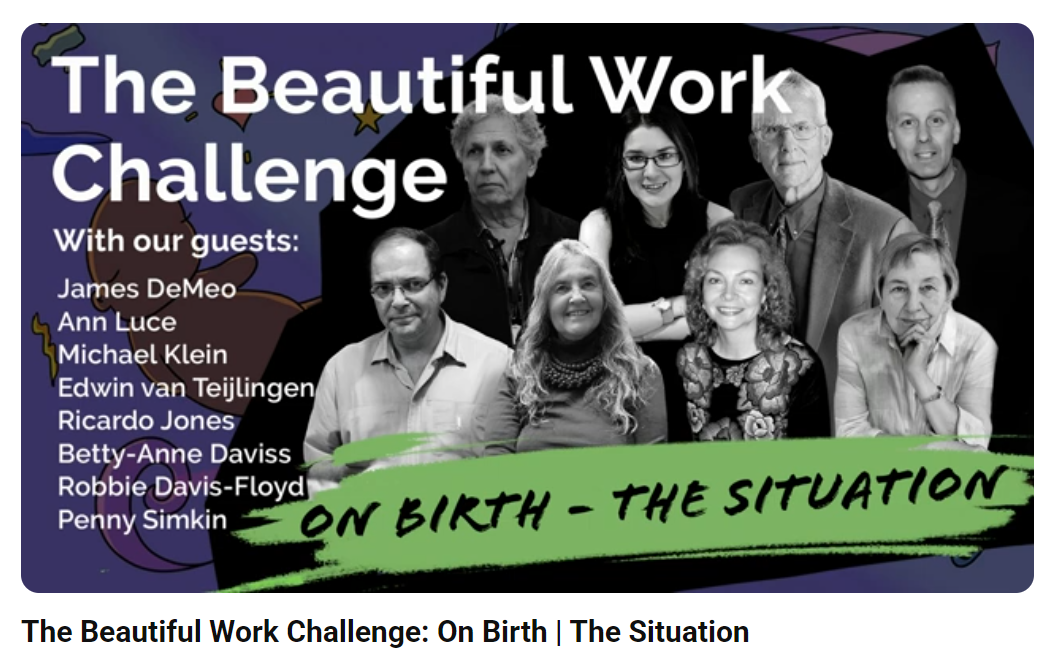


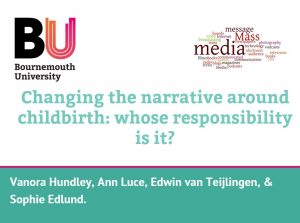

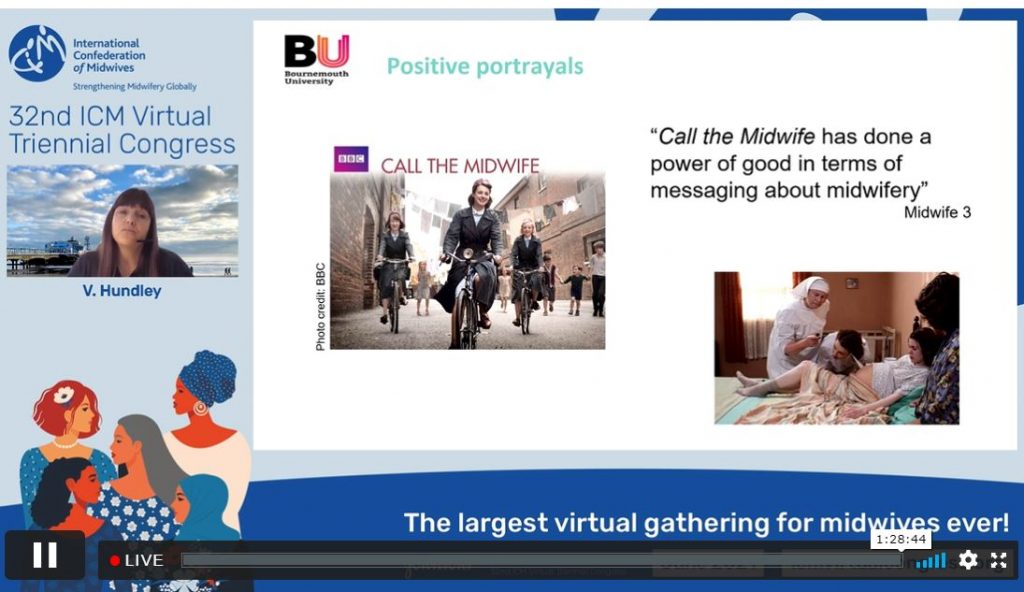
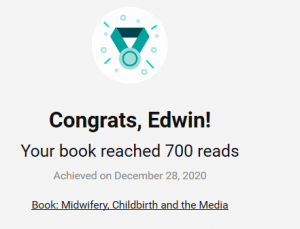

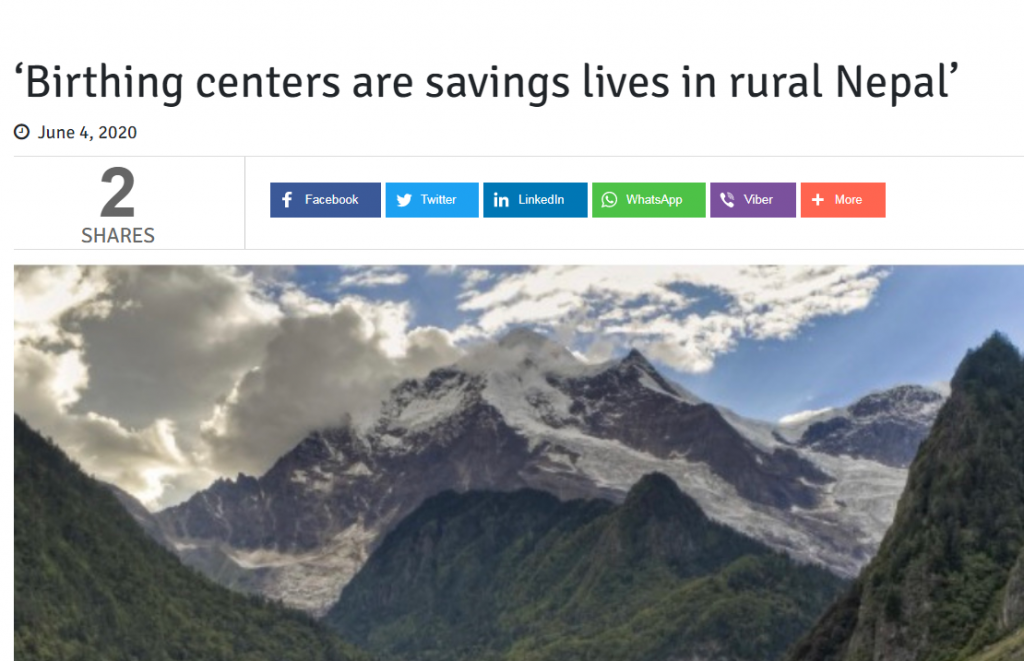












 Nursing Research REF Impact in Nepal
Nursing Research REF Impact in Nepal Fourth INRC Symposium: From Clinical Applications to Neuro-Inspired Computation
Fourth INRC Symposium: From Clinical Applications to Neuro-Inspired Computation ESRC Festival of Social Science 2025 – Reflecting back and looking ahead to 2026
ESRC Festival of Social Science 2025 – Reflecting back and looking ahead to 2026 3C Event: Research Culture, Community & Cookies – Tuesday 13 January 10-11am
3C Event: Research Culture, Community & Cookies – Tuesday 13 January 10-11am Dr. Chloe Casey on Sky News
Dr. Chloe Casey on Sky News ECR Funding Open Call: Research Culture & Community Grant – Application Deadline Friday 12 December
ECR Funding Open Call: Research Culture & Community Grant – Application Deadline Friday 12 December MSCA Postdoctoral Fellowships 2025 Call
MSCA Postdoctoral Fellowships 2025 Call ERC Advanced Grant 2025 Webinar
ERC Advanced Grant 2025 Webinar Horizon Europe Work Programme 2025 Published
Horizon Europe Work Programme 2025 Published Update on UKRO services
Update on UKRO services European research project exploring use of ‘virtual twins’ to better manage metabolic associated fatty liver disease
European research project exploring use of ‘virtual twins’ to better manage metabolic associated fatty liver disease